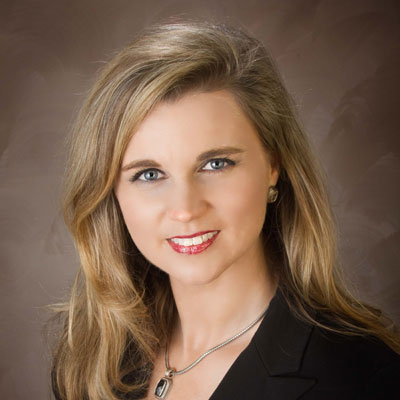 Ashley Allison, Executive Director
Ashley Allison, Executive Director
The Waco Foundation
“We have learned a lot about how to affect change on politically-charged issues,” says Ashley Allison, executive director of the Waco Foundation, “but there is always more to learn. Fortunately, there also are funders willing to share their expertise.” Allison is part of a team that developed an annual conference session about grant strategies to address controversial societal challenges. Forrest Alton, the dynamic CEO of the South Carolina Campaign to Prevent Teen Pregnancy will lead the session on November 7th during Philanthropy Southwest’s upcoming Annual Conference in Arizona. While the issue being used as an example in the session is teen pregnancy, Allison believes the grantmaking approach can be applied to any number of complex issues. “Often times one issue a foundation is focusing on leads them to another, connected challenge and the realization that root causes must be addressed – that there isn’t a simple solution,” says Allison.
Such was the case in the Waco Foundation’s decision to address teen pregnancy. “We didn’t think we’d get into teen pregnancy,” she says, “but, with an initial focus on early childhood education, we drew a straight line between a strong evidence base showing the critical importance of early nurturing, learning and health care with the ability of young children to thrive, and the high percentage of teen parents’ inability to meet these essential early needs.” The rate of teen pregnancy remains particularly high in the southwestern United States. New Mexico had the highest teen pregnancy rate, in 2010, followed by Mississippi, Texas, Arkansas, Louisiana and Oklahoma.
Some of the key strategy lessons Allison says they have learned over the past two years include:
- Call attention to the problem. Through media coverage, public forums, political speeches and other means, the first thing you need to do is shine a light on the problem, its root causes and the need to find solutions – get people ready to talk.
- Engage a broad spectrum of players to be part of the solution. Seek to understand what the community really thinks about the problem, as well as potential solutions. Don’t limit yourself to the loudest voices, be sure to gather information and have ongoing dialogue with a wide array of individuals and groups who touch on all aspects of the problem and differing views.
- Present research findings and potential solutions to the community. Share back what you learn so that others can see the full spectrum of views. Bring evidence-based programs to the fore, continuing the conversation with the community about how to implement and support program, systems and policy solutions.
- Continue to learn. While there are unique aspects to each issue and community, there also are many similarities in how foundations can help to bring about change.
“In addition to having leading national experts like Forrest with us during the conference, Philanthropy Southwest members also make up a powerful network of professionals,” says Allison. “They readily share their diverse experiences in grantmaking and change strategies. This is invaluable because we face a lot of the same challenges across the southwest and can build off the strength of each other’s work.”
